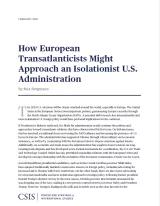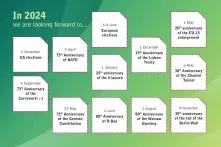International Relations
Here you will find all text and image articles on the topic. Click the button to access the audio and video content.
audio and video content
© Heinrich-Böll-Stiftung e.V.
Schumannstraße 8
10117 Berlin
T +49 (30) 285 34-0
F +49 (30) 285 34-109
www.boell.de
info@boell.de









